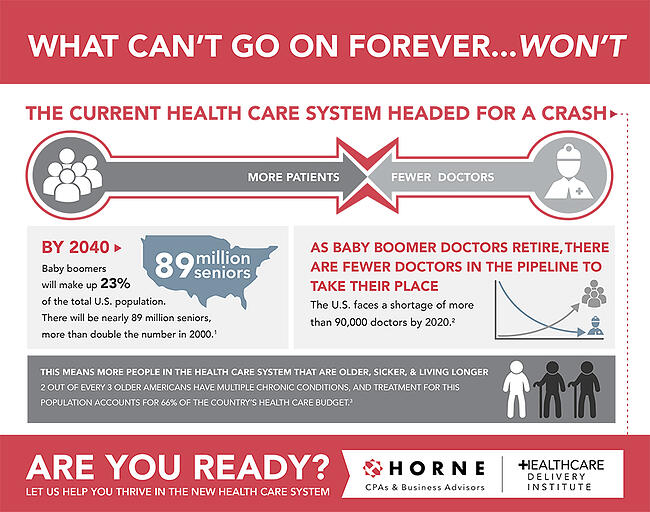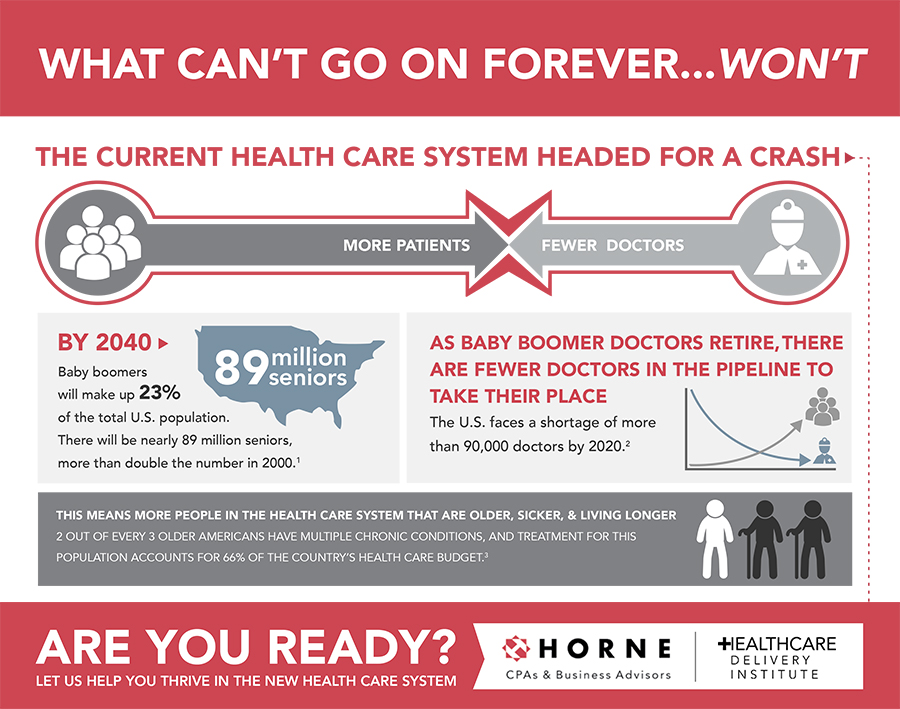Is Your Healthcare Facility Ready for Bundled Payments?
While attending the Healthcare Financial Management Association Region 9 Conference in New Orleans, we learned that bundled payments are near and healthcare facilities should start preparing now.
Bundled payments consolidate reimbursement into a single payment for the care and services related to a specific procedure or episode along the continuum of care. These payments are designed to incentivize the coordination of care among various health care providers, such as physicians, hospitals and post-acute care facilities, as well as to emphasize accountability for the cost and quality of care provided to patients. The Centers for Medicare and Medicaid Services estimates that by 2016, 30 percent of Medicare payments will be value-based and will expand to nearly 50 percent by 2018.
Continue reading >












